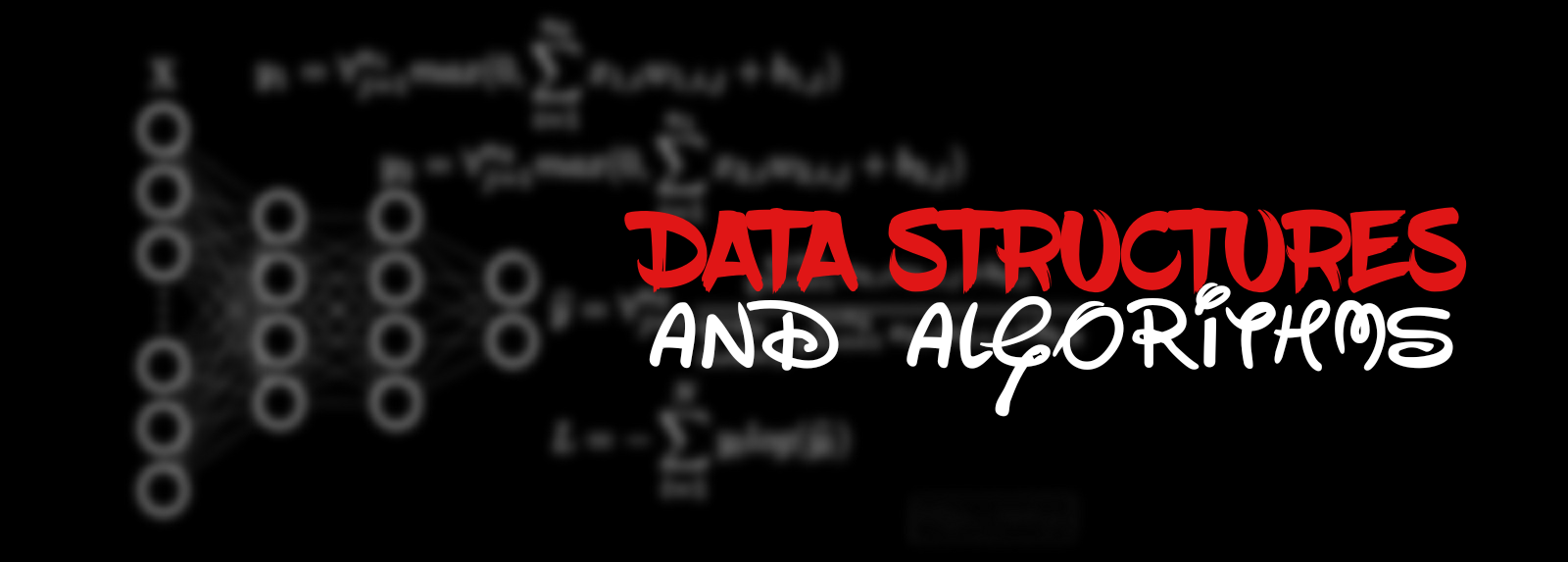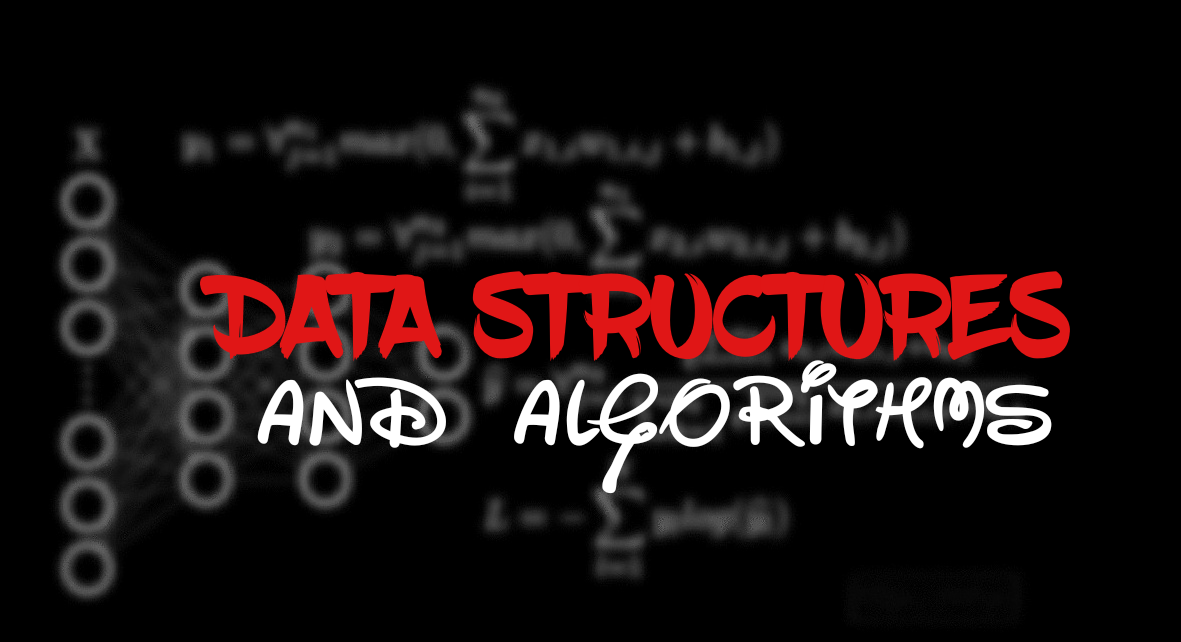Search in Rotated Sorted Array
Problem Statement
There is an integer array nums sorted in ascending order (with distinct values).
Prior to being passed to your function, nums is possibly rotated at an unknown pivot index k (1 <= k < nums.length) such that the resulting array is [nums[k], nums[k+1], …, nums[n-1], nums[0], nums[1], …, nums[k-1]] (0-indexed). For example, [0,1,2,4,5,6,7] might be rotated at pivot index 3 and become [4,5,6,7,0,1,2].
Given the array nums after the possible rotation and an integer target, return the index of target if it is in nums, or -1 if it is not in nums.
You must write an algorithm with O(log n) runtime complexity.
Example 1:
Input: nums = [4,5,6,7,0,1,2], target = 0
Output: 4
Example 2: Input: nums = [4,5,6,7,0,1,2], target = 3
Output: -1
Constraints:
- 1 <= nums.length <= 5000
- -104 <= nums[i] <= 104
- All values of nums are unique.
- nums is an ascending array that is possibly rotated.
- -104 <= target <= 104
Approach I (Iterative)
We need to use a variant of binary search which will take care of rotation.
Complexity: Time complexity is O(logN), space complexity is O(1).
Solution I
def search(arr, target):
start = 0
end = len(arr)-1
while start <= end:
mid = start + (end-start)//2
if arr[mid] == target:
return mid
#if left array is sorted
if arr[start]<=arr[mid]:
if arr[start]<=target<arr[mid]:
end = mid-1
else:
start = mid + 1
#if right array if sorted
elif arr[mid] <= arr[end]:
if arr[mid]<=target <arr[end]:
start = mid+1
else:
end = mid-1
return -1
Approach II (Recursive)
We need to use a variant of binary search which will take care of rotation.
Divide array into 2 halves and understand, which part you should choose. Let us use dfs(beg, end) function, which will look inside region from beg to end. Then we check condition nums[mid] > nums[end] and if it is the case, we check where target is and decide to which half we need to go. Similar logic in another case. Look at examples [3,4,5,6,1,2] and [5,6,1,2,3,4] to understand what cases we can have.
Complexity: Time complexity is O(logN), space complexity is O(1).
Solution II
def search(arr, target):
start = 0
end = len(arr)-1
def helper(start, end):
if end-start <= 1:
if arr[start] == target: return start
if arr[end] == target: return end
return -1
mid = start + (end-start)//2
if arr[mid] > arr[end]:
if arr[end]< target <=arr[mid]:
return helper(start, mid)
else:
return helper(mid, end)
else:
if arr[mid]<target<=arr[end]:
return helper(mid, end)
else:
return helper(start, mid)
return helper(start, end)



Leave a comment